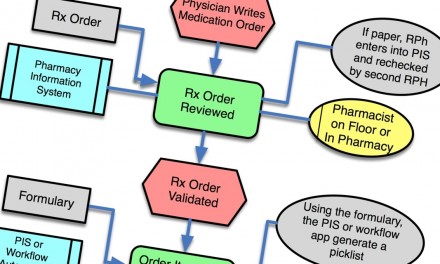Published studies about studies are sort of a "gimmie" in the academic world - you don't really need to do any research per se, but simply analyze research done by others. This new study titled, "Systematic Review of Home Telemonitoring for Chronic Diseases: The Evidence Base," is a study of studies. From the abstract:
These inconclusive findings and lack of focus on "cost-minimization analysis" remind me of the discussions among physician/researchers at the Rapid Response Systems conference I attended earlier this week (more here and here).
It seems that many of these remote monitoring solutions are more caregiver productivity tools rather than new and unique therapies. Solutions like these make poor subjects for traditional double blind randomized control trials. Similarly, clinician-lead studies on remote monitoirng are all about outcomes like mortality and morbidity, virtually ignoring "mundane" issues like productivity or impacts on the cost of care delivered. Perhaps the ratcheting down of home health reimbursement rates (see below) will serve to swing the focus to the operational side. Certainly providers and patients both would be well served by improving the delivery of care in patient's homes.
Pictured right is the home health productivity tool chronic disease management system, Health Buddy from Health Hero Network.
[Hat tip: iHealthBeat]



Recent Comments